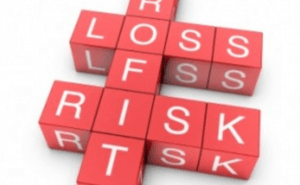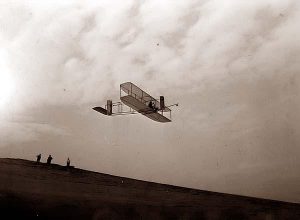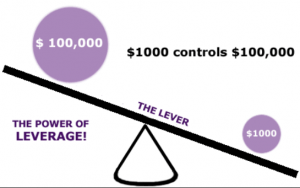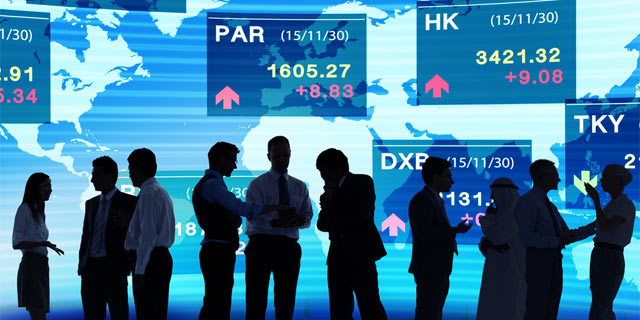Many traders don’t know what is forex scalping and how they can do it. Scalping has to do with almost directionless trading around a temporary price baseline.
What is Forex Scalping for Day Traders
Day traders who know what is forex scalping or simply have heard about, are interested in low risk trading. First by day trading, as and when it becomes possible to trade directional moves during the active hours of a market. And to a secondary degree, by trading a small range, sideways trend. That sideways trading is defined as scalping. Though there is no rigorous definition. Forex exchange rates tend to lose momentum during non active hours, and prices simply move very little. And usually revert back to a mean level. If the trader can figure out this mean price level, they can use it as a baseline for doing scalping trades. Online trading can become much more exciting this way, because these non trending hours occur very often. And from the momentum traders’ perspective these hours are nothing but boring, inactive trading time , where nothing happens. Wise traders looking for scalping opportunity, utilize high leverage, perhaps higher than that used in other strategies. They look for few pips of profit here and there. But since price tends to revert back to the baseline so often, profits begin to amount to significant sums. Market price may rotate 20 or more times around the baseline, in a matter of 2 hours. So the seemingly boring trading time can now be used to make some significant profit. Only those who don’t know what is forex scalping, or think it’s too dangerous, never look to profit from the absence of momentum.
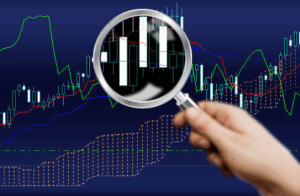
What is Forex Scalping in Terms of Probability
You may wonder what is forex scalping in practice, and how profitable it is. It can be very profitable, and typically yield $300 per session, on a medium size account, but not greater than $3,000. Trading online like this requires careful day selection, and choosing only days and hours where the market is not likely to show momentum. Time selection for scalping trading is most of the work involved, actual scalping trading is piece of cake. Since there is no direction to figure out. The trader simply fades all moves reaching 6 or more pips away from the baseline. Direction doesn’t really matter much, unless there is some risk for a breakout. And the trader may consider leaving an open losing scalping trade open. As long as the trade is in the direction of the underlying daily trend. So that open losing scalping trade will turn around by the next day or so, and become a profitable one. Another key decision is on determining the baseline, this is usually defined by some high and low around that time, on the 30 minute chart. Scalping is more flexible than you think, and no exact rules apply. But in actual tests, these trading results, of $300 per session, 6 pips to 30 pips trades, etc were possible. Maximum loss was $600. And when traders lose big is because they fail to select quiet trading times properly, and to figure out the daily trend as well. These are important, and if addressed properly, losses can be limited much more.
All forex strategies can be enhanced through part time forex trading scalping. No doubt about it. It is even possible to recover almost totally blown trading accounts, all the way to the top, through scalping. Traders considering scalping should be careful about day selection, and avoiding scalping through daily LSS pivots. Even during the inactive market hours, LSS pivots may impact momentum, cause breakouts and ruin a scalping day. That’s why a good scalping baseline should be found well away from the daily LSS pivots, and during inactive market hours only. Just by following these 2 simple tips you will be able to avoid a great number of breakouts and confusing moves. No forex calculator or software is really needed in scalping trading. Just preparation and attention to volatility causing factors, including news. Now that you know what is what is forex scalping capable of you should seriously consider it as part of your broader trading strategy. Because scalping allows you to do so much more with so much less. The only catch is the long time commitment required in every scalping session. But remember that no other method offers you such a safety net, so as to even recover a lost account. While using only a fraction of the original funds.




